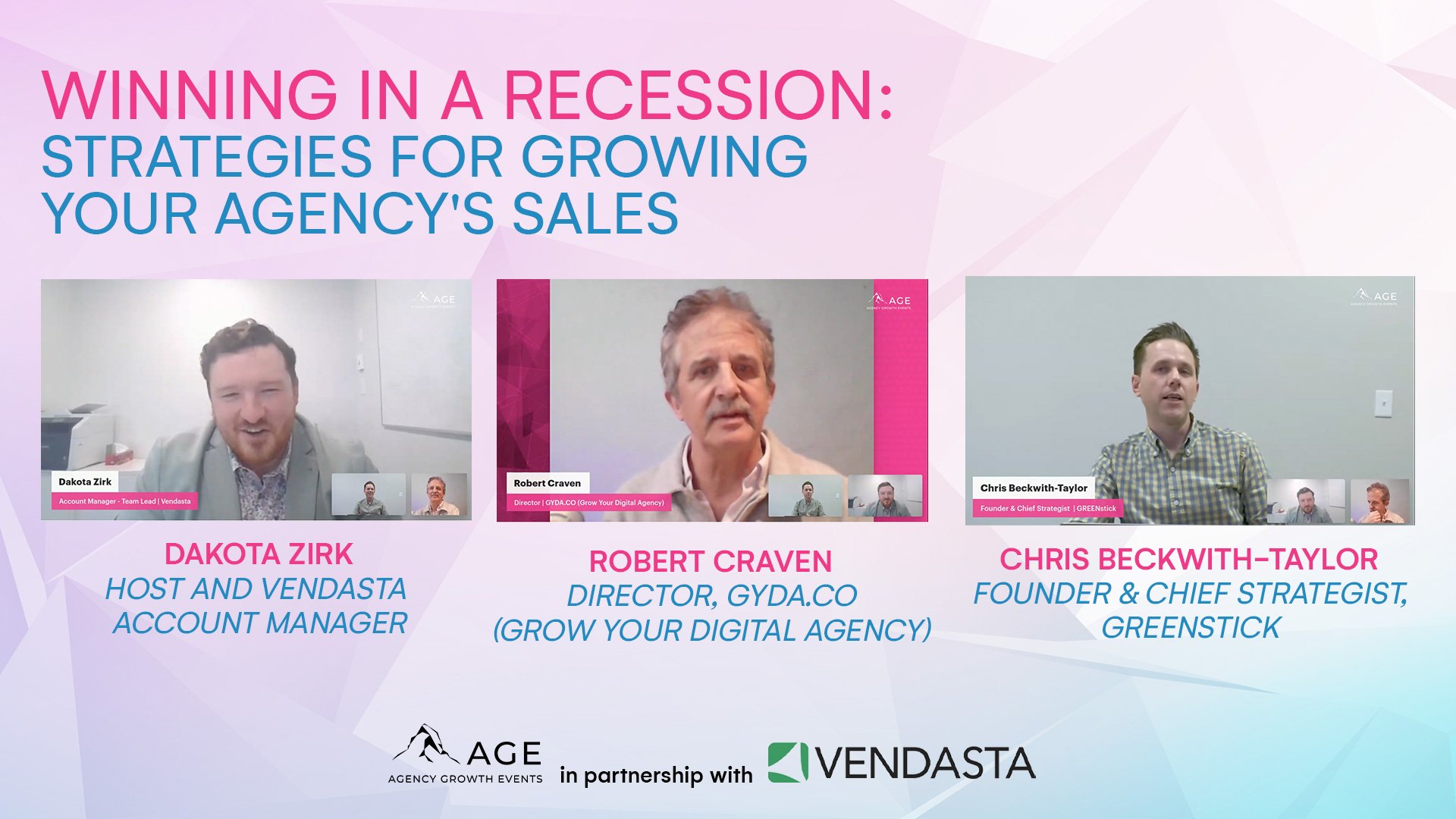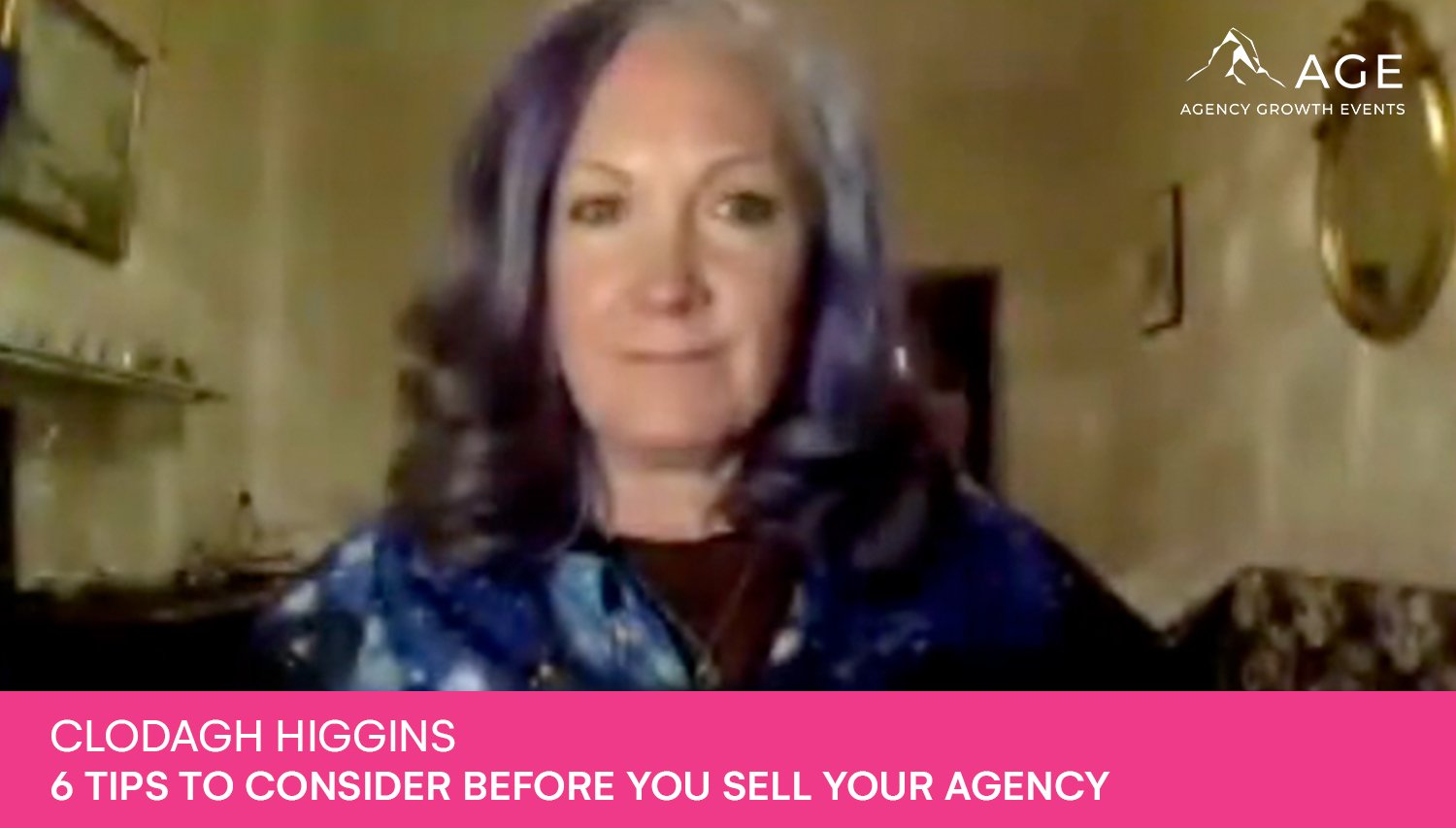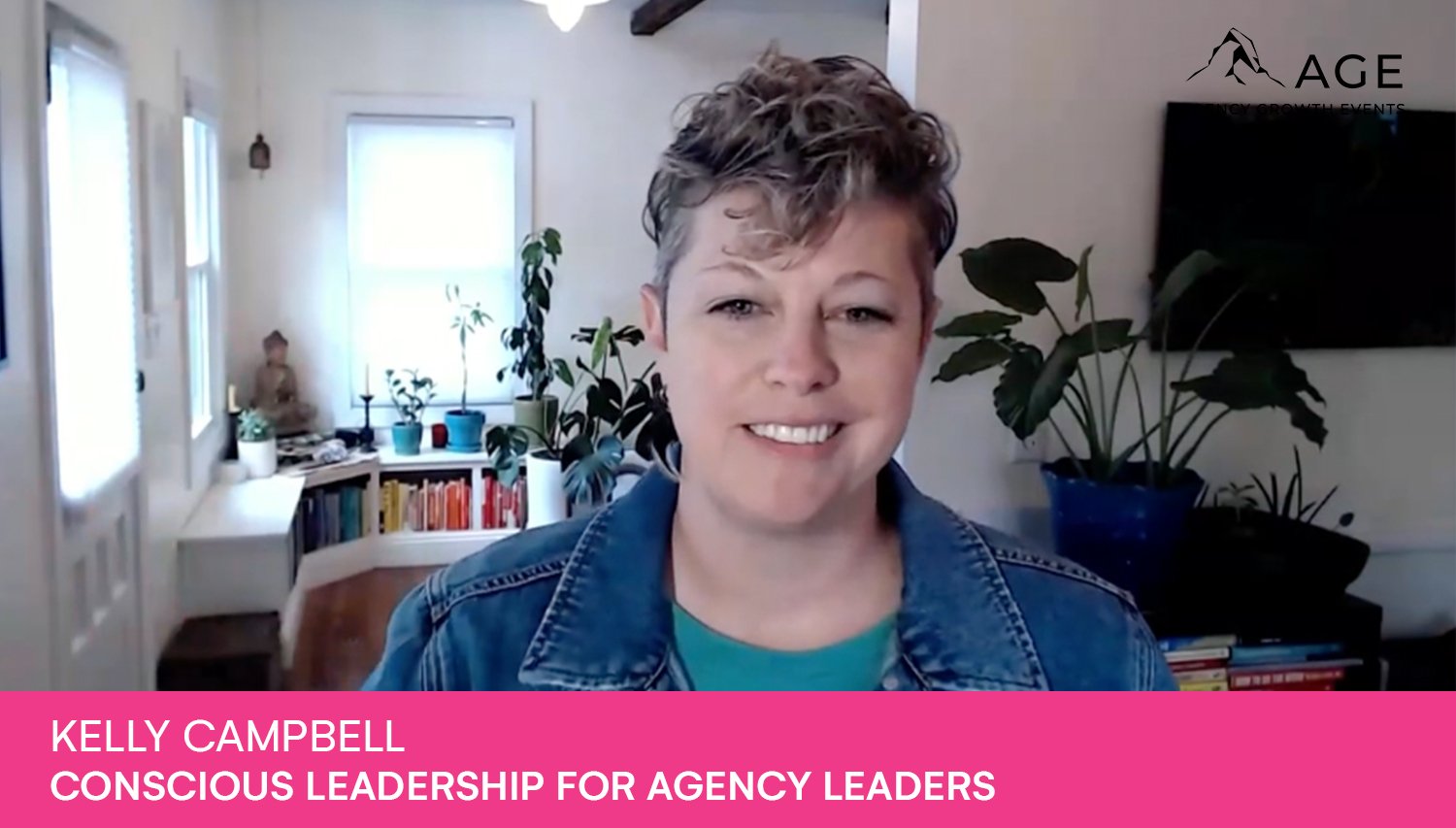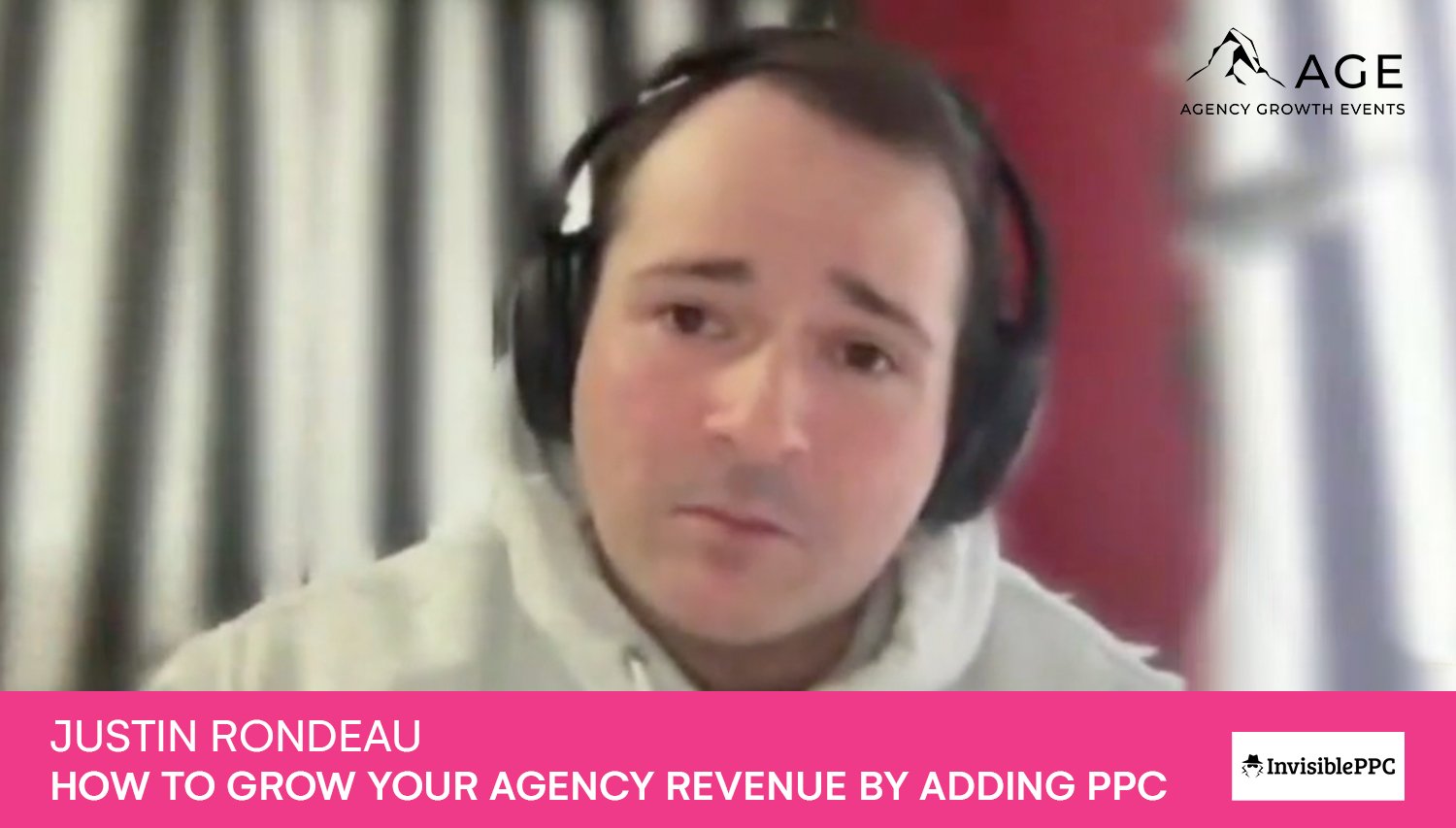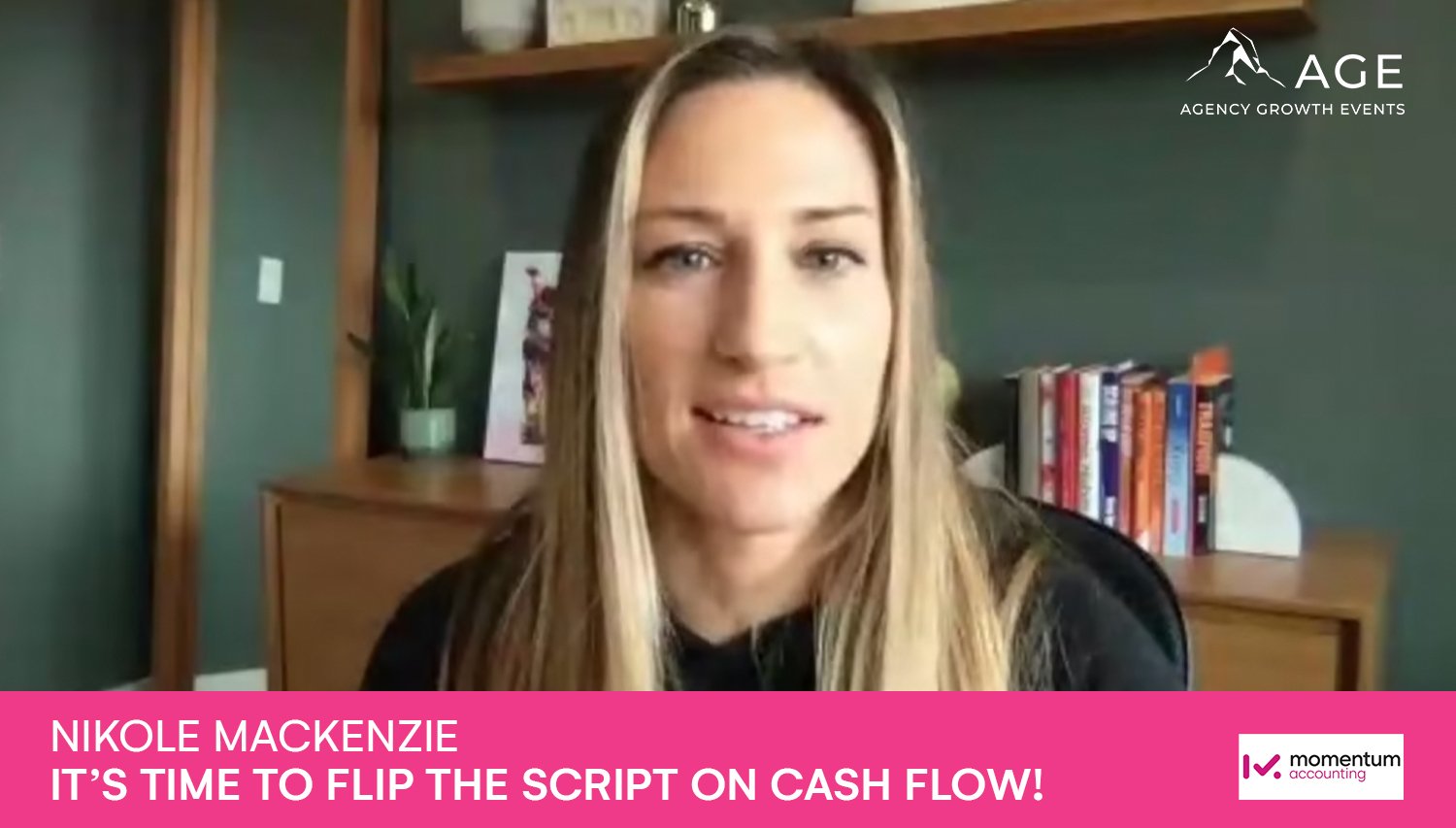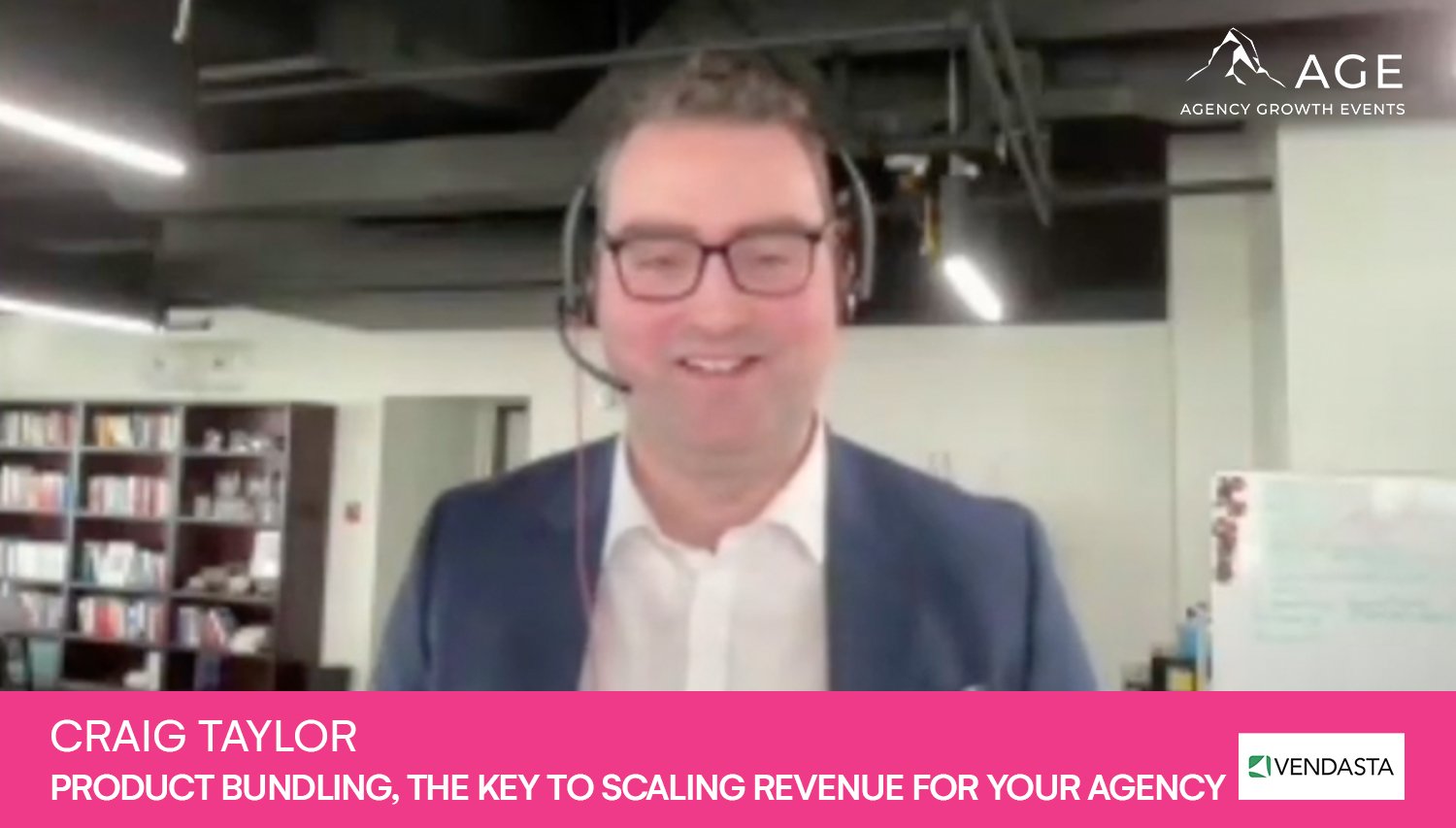S1-E5: What is an EXIT plan and why do you need one? , Scott Leff – TobinLeff
Simply put: An exit plan is a proactive strategy for selling your business.
This can include various exit strategies, such as an outright sale, a merger, or an MBO (more on that later). It's important to have an Exit Plan in place because it can help you take the necessary strategic decisions and maximize the business value you'll extract for when the opportunity comes knocking. And when it does, you may need to move fast!
As a business owner, there are many reasons why you might want to sell. Perhaps you're retiring and want to cash in on your years of hard work. Or maybe you're looking for a new challenge and believe that someone else could take your business to the next level. Or you want to cash out and invest in another venture. Or you've simply exhausted your business plan, hit all your business goals, and want to quit while you're ahead. Whatever your reasons, a proper exit strategy can help you achieve your goals.
However, preparing an exit plan can be a complex process, so it's important to seek professional advice early on. You'll need to look at various pathways, and choose the best exit strategy that works for your business and yourself. Competent advisors can help create more opportunities for your potential exit, maximize value, minimize losses and prepare you for the significant changes ahead.
Our speaker Scott, is one of the founders of TobinLeff, an M&A advisory and exit planning consulting firm specializing in the digital marketing, communications, and PR space. It was founded in 2010 in Pittsburgh, PA, and has closed 145+ M&A transactions (read exits) and exit strategy engagements. So they know what they're talking about!
The key thing TobinLeff does is transform a privately owned business (your Agency) that typically doesn't have fixed assets into (your) personal wealth.
As Scott says, second only to growing your business, getting out of it is probably the most important thing a business owner will ever do!
The first step of this journey is deciding to sell the company you've been developing with the personal sacrifices you and every other family member have made over the years. This is a big decision and it has to make sense. Once this is established, you can start looking at exit strategies, potential investors, the state of your company, your team, your assets and everything else.
Potential routes to exit for a Digital Agency owner are:
Selling to another Agency
Selling to a Holding Company
Selling to a company outside your industry for a strategic reason
Selling to your employees Management Buy Out (MBO)
Selling to an entrepreneur
Selling to a PE, Family office, or another investment group
Be part of a roll-up strategy
Form an Employee Stock Ownership Plan (ESOP)
Merge (more on that later in another blog post)
Sell to a client
Retain control, scale back your time, and empower your team to run the business
You need to understand which of these alternatives fit your purposes and company the best and start planning strategically towards optimizing the result you'll get from such an exit.
The most important thing you can do is get started now. The sooner you start working on your business exit strategy, the more options you'll have and the greater likelihood of achieving your desired outcome.
Let's look at some potential buyers:
Strategic Buyer
This is usually a larger company in your industry that's looking to acquire your business to consolidate its position or expand its market share. They're typically more interested in your customer base, technology, and IP. For a Strategic acquisition, they will be interested in your:
Clients mix
Capabilities
Profit Margins
Financial Buyer, Investor
This could be a private equity firm, family office, group of investors, or other entrepreneurs looking for an investment opportunity. They're focused on achieving a high return on their investment and will often look to exit within a five to seven-year timeframe and limit losses as quickly as they can. As a result, for their investments, they'll typically be more interested in businesses with strong growth potential and healthy margins. They'll look at your:
Growth Rate
Profit Margins
Size
MBO
A management buyout (MBO) is when a business is acquired by its senior managers. This can be an attractive option if you're looking to exit but want to retain some level of control over the business. It can also be a good way to ensure that your employees are rewarded for their contributions to the business and have a vested interest in its success.
One thing to bear in mind, however, is that MBOs can be complex and time-consuming. You'll need to ensure that your management team has the necessary skills and experience to run the business successfully. You'll also need solid succession planning in place. Things to bear in mind are:
Team Composition (desire and skills to make it happen)
Profit Margins
Many other exit strategies, such as an Initial Public Offering (IPO) or reverse acquisitions exist, but most are not easily applicable to Marketing Agencies.
Let's look at some common types of Deal terms
As per above, different types of buyers will have different terms on their minds. They will also put different weighting onto the same factors. So you'd better know the basics of what they might be looking for and adjust your strategy. Here are typical deal terms for Strategic Buyers and Private Equity.
Strategic Buyers
Target price calculated on a three-year EBITDA weighted average
Earnout provisions for a portion of the purchase price
Cash at closing 33% to 50%
Earnout period: two to three years
Working capital (money) requirement: Trailing 12-month average
Escrow 10%-15%
Private Equity
Target price calculated on a three-year EBITDA weighted average
Cash at closing 60% to 80%
Rollover equity: 20%-40% (second bite at the apple)
Working capital requirement: Trailing 12-month average
How is the sale price calculated? How do you value an Agency?
This is one of the biggest questions on the mind of a business owner thinking about a sale. Many methods can be used to calculate the sale price of a business. The most common are EBITDA multiplier, Discounted cash flow (DCF), or Comparable Transactions. In the Digital Agency world, you'll find Multiple of EBITDA being a dominant method of price setting.
Multiple of EBITDA: This is the most commonly used method for valuing a business. It's simply a multiple of your earnings before interest, tax, depreciation, and amortization (EBITDA). The multiple will vary depending on the investor, the industry, and the economic climate. But one of the most important factors determining the multiplier will be your profit margin and growth rate.
To reach maximum value, your company's financials need to look good. You need to make sure you're making a healthy profit and growing at pace. If your business is struggling in these turbulent times where the market conditions are not right, you might want to consider waiting until the market rebounds to exit. That way, you'll be able to get a better price for your business.
If you're asking yourself: What is a good EBITDA multiplier for a digital agency? You can expect it to start from 4X and go up in line with all the drivers we've discussed above.
Non-Financial Terms that await a business owner
When negotiating a sale, you'll need to agree on a price, but you'll also need to consider other terms and conditions. Some of the key ones are:
Non-compete Agreement
This is an agreement between the seller and buyer that prohibits the seller from competing with the buyer in the same market for a certain period after the sale. This can be helpful for the buyer as it ensures that the seller won't be able to set up a competing business after the sale goes through.
Key Employee Retention Agreement
After all, you're selling a successful services business. This is an agreement between the buyer and seller that requires the seller to retain a certain number of employees for a certain period of time after the sale. This can be helpful for the buyer as it ensures that they have a stable workforce in place.
Confidentiality Agreement
This is an agreement between the seller and buyer that prohibits either party from disclosing confidential information about the other party. This can be helpful for both parties as it ensures that they can keep important information confidential.
Contingent Liabilities
A contingent liability is a liability that may or may not arise in the future. For example, if you're selling your business with ongoing contracts, the buyer will want to know what happens if one of those contracts is canceled. This type of liability can be difficult to quantify and can often delay the sale process.
What to Expect during a sale?
The sale process can (will) be long and complicated. It's important to have a clear exit plan and realistic expectations. Here are a few things you can expect during the sale process:
You'll need to provide a lot of information about your business and get ready to sell.
The buyer will carry out financial and legal due diligence on your business. This is a process of investigating your business to make sure that everything you've said is true and to assess the risks involved in the purchase. This includes reviewing financial statements, contracts, and other documents related to the business.
The process can be stressful and time-consuming. It's important to have patience and to stay focused on your goals.
You'll need to negotiate the sale price and other terms and conditions with the buyer.
Once you've agreed on a sale price, the buyer will carry out a valuation of your business. This is to make sure that the price you've agreed on is fair.
Once the valuation is complete, the buyer will make an offer to purchase your business.
If you accept the offer, the sale process will move forward and you'll sign a contract with the buyer.
After the contract is signed, the buyer will pay you the agreed-upon price and take ownership of your business.
You'll then pay for your yacht and travel the world!
Elements of an Exit Strategy
Now that we've discussed what an exit plan is and why you need one, let's take a look at the key elements of an exit strategy. You'll need to cover the following topics:
Crystallize stakeholders' goals, desires, and intentions
Define the objectives of the plan
Assess the company's value drivers
Estimate the current value of your company
Assess the pros and cons of different exit paths
Determine if you need a value creation plan (which might involve M&A)
Assess your incentive plans to reward and keep key employees in leadership positions
Have a plan B
Develop an action plan
Where does exit planning go wrong?
Having a plan is one thing, but making it actionable and keeping everyone accountable is another.
One of the key reasons exit plans go wrong is because business owners don't have accountability and ongoing feedback to keep working on it. Without these two things, the exit plan will likely fall by the wayside and you'll miss out on opportunities to increase the value of your company.
It's important to have a clear exit plan and to be accountable to someone else (usually your accountant or lawyer) for keeping it updated. You should also set deadlines for completing different tasks so that you stay on track. By having regular check-ins, you'll be able to assess how well you're doing and make any necessary adjustments along the way.
Most agency owners go back to business after the plan is done. The day-to-day is challenging and super busy and it leaves no room for long-term planning to be followed through. This is a mistake.
You need to make sure your exit strategy is part of your business strategy.
Another common mistake is not involving key employees in the exit planning process. This can lead to frustration and resentment down the road if employees feel like they're being left out of the loop.
What are the main challenges for Agency owners?
The challenges of exit planning are many and varied, but some of the most common include:
Failing to account for the interests of all stakeholders
Not having a clear understanding of value drivers
Failing to identify the right exit pathway
Not having a contingency plan
Not being ready for the significant change in your life ahead
Creating an exit plan is one of the most important things you can do for your company as an entrepreneur. By taking the time to assess your company's value and identify the best exit strategy, you'll be able to sell your business at its highest possible value. However, making a plan that is actionable and accountable is not always easy, so it's important to have patience and stay focused on your goals.
Involve key employees in the process to avoid frustration and resentment down the road. Make sure your exit strategy is part of your overall business strategy so that you're always working towards a goal.
When entrepreneurs meet investors and substantial profit is on the table, incomplete strategies might fly out of the window. So make sure you're well prepared!
Scott has owned and run advertising, marketing, PR, and video production shops. He has led mergers and sales of for-profit and nonprofit corporations, run and sold a family-owned bank, produced a national PBS documentary, was President of a Carnegie Mellon University spin-out technology company, ran a $1.3 billion trust and investment management company, and spent close to a decade with Robert Morris University developing strategic plans, doing governance interventions, and performing financial analyses for nonprofit organizations of all types and sizes.


